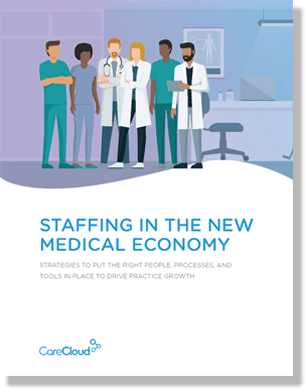By most accounts, the booming mHealth market is a blessing for patients wanting an easier way to access medical information. However, it may surprise you that not all patient groups are taking advantage of this convenient source of health knowledge.
According to a healthcare research group Manhattan Research’s 2013 Cybercitizen Health U.S. study, patients suffering from cystic fibrosis, growth hormone deficiencies, and acne were among the most likely to use smartphones to find health information, while easily trackable diseases like diabetes and sleep disorders didn’t make the list.
“Many pharma marketers still underestimate both the opportunity and complexity of the mobile channel,” said Monique Levy, Vice President of Research at Manhattan Research. “Many marketers will need to reset assumptions around when, where, and how these devices are used for health.”
The study suggests smartphones have become, for many, an indispensable source of healthcare information. Based on responses from more than 8,600 U.S. adults, the research group found that 95 million Americans are currently using their smartphones for health information – up 27% from a year ago.
Here is a list of the top ten patient conditions most likely to use mobile health solutions:
- Cystic Fibrosis
- Growth Hormone Deficiency
- Acne
- ADD/ADHD
- Hepatitis C
- Migraine
- Crohn’s Disease
- Chronic Kidney Disease
- Generalized Anxiety Disorder
- Bipolar Disorder
On the other hand, the study also shows that mobile health adoption, activities, and attitudes varied greatly among the patient audiences tracked. The survey results don’t indicate any conclusive reasons as to why certain disorders didn’t make the cut.
“What’s clear is that patients are using these devices throughout the patient journey, for quick questions and deep research, and increasingly to actually manage their condition and care,” said Levy.
In response to the blossoming mobile health industry, the FDA recently released a list of the safest government approved medical apps that enhance the patient experience. Specialists of all kinds should look to these and others as a new and more engaging way to communicate medical information with patients.



